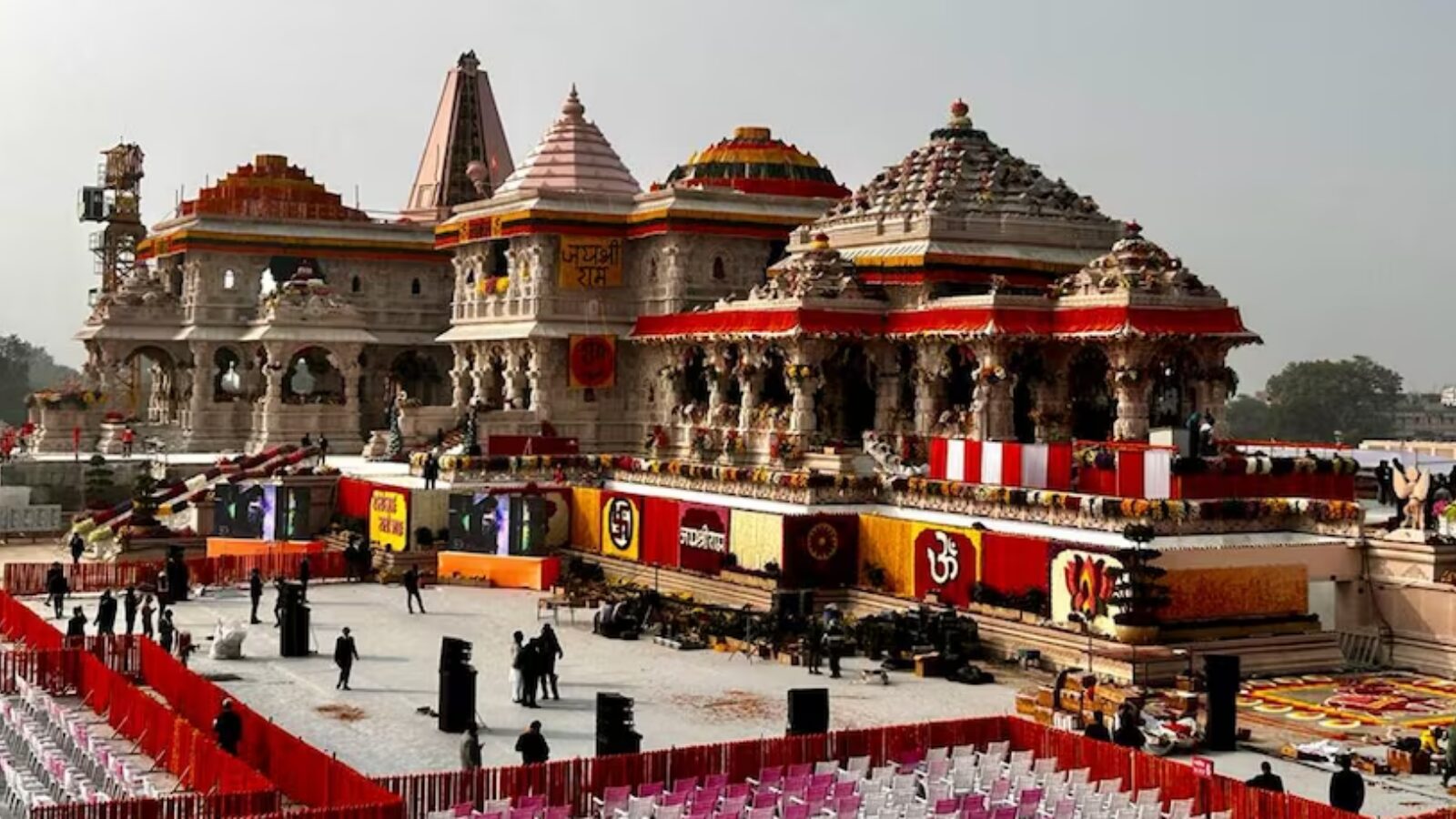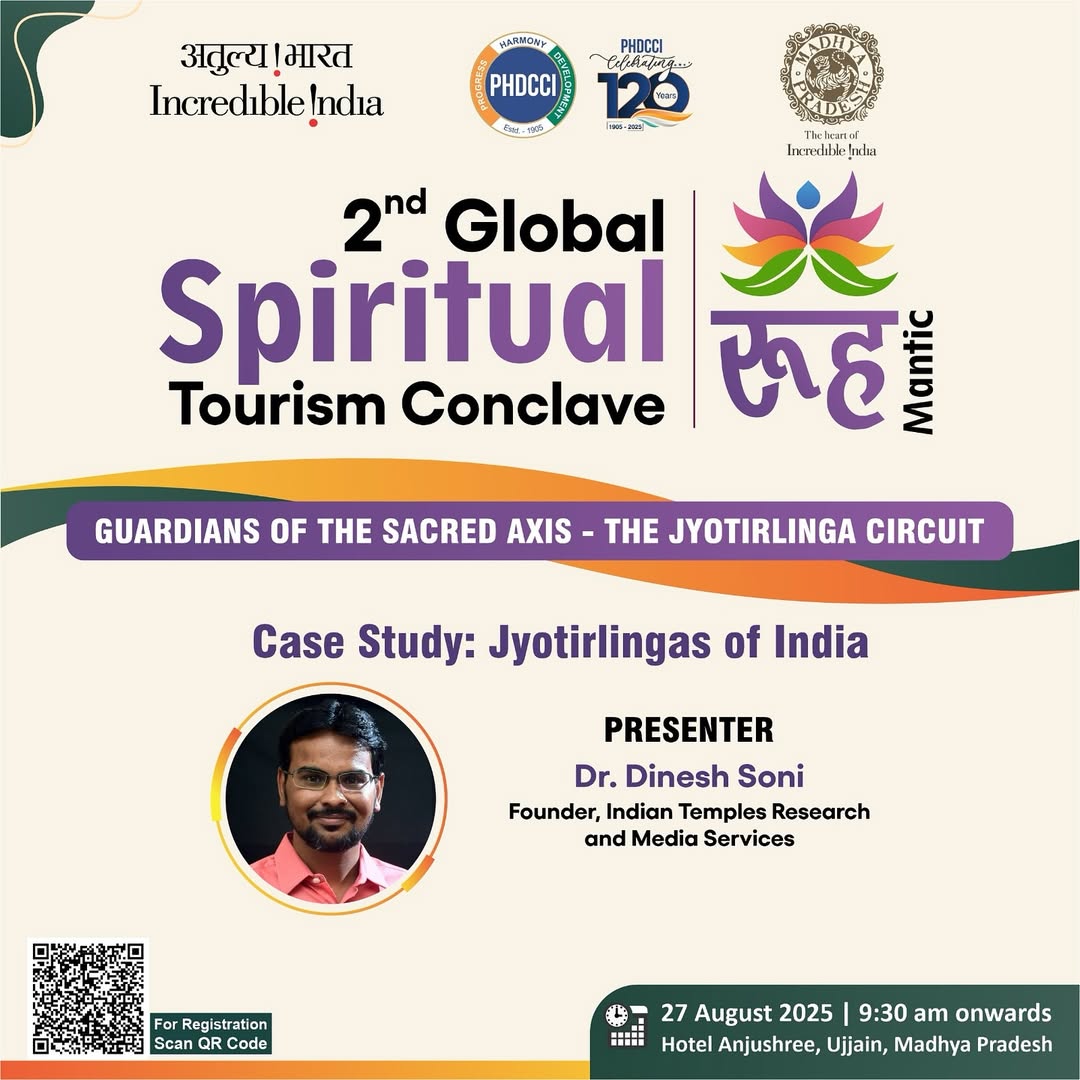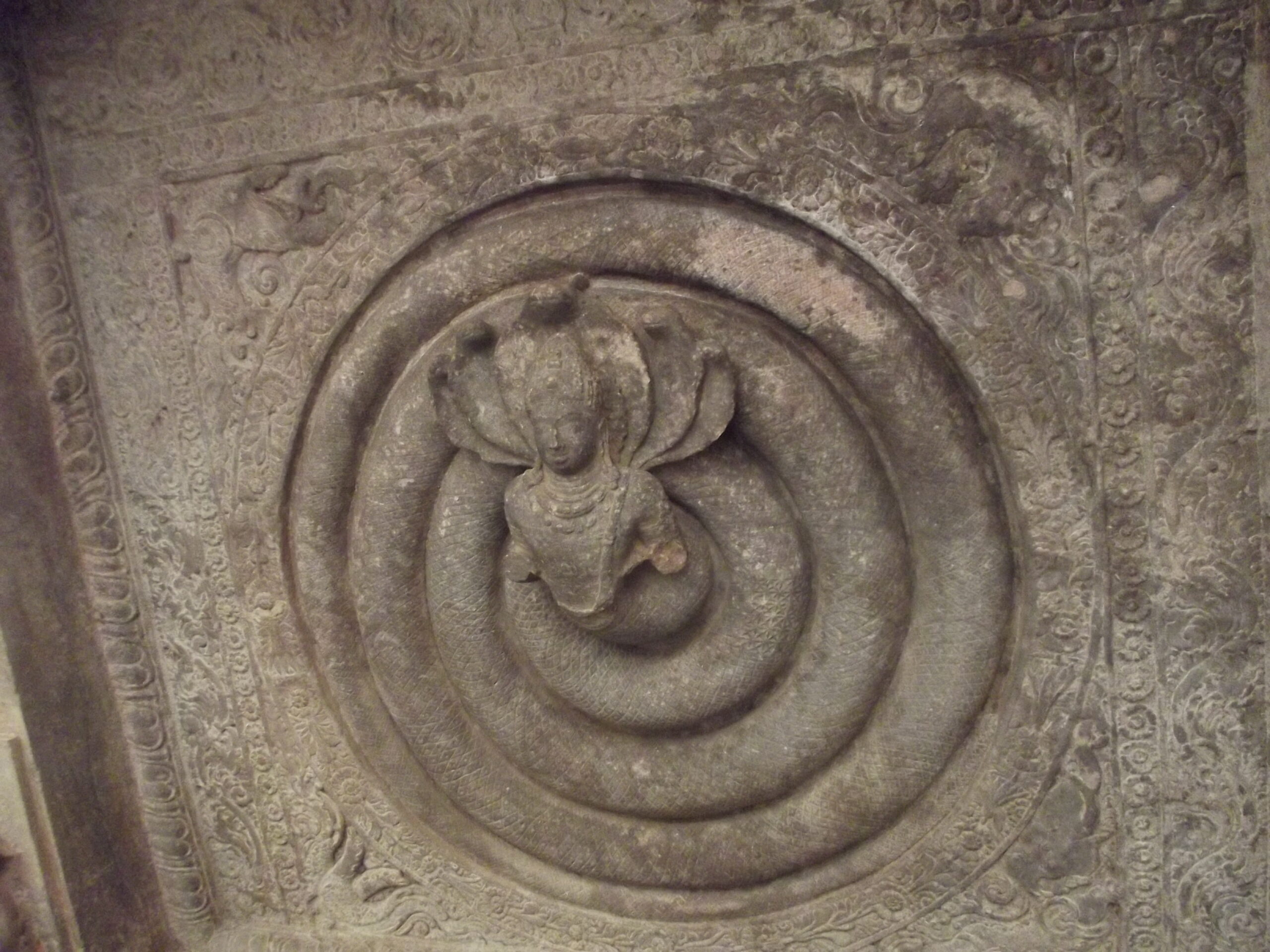Recently, the word Sanatana has become a very important keyword in Indian politics. With some loose statements from one politician in Tamilnadu, and arguments in support and in oppose by all other political parties, have made it all centre of a large controversy. And going through all the news, I had a few thoughts on mind. So, I thought of sharing these thoughts.
What does Sanatan mean?
Firstly, let’s start with understanding the word Sanatana. The literal meaning of Sanatana is ‘eternal’. Something that has no end. Something that will go on forever. What are things that are eternal? Many things. Our feelings, our love for the word, our self-surviving instincts, our struggles in the world outside and the world inside, our duties with the world and with the self. Hinduism thoughts give a lot of importance to the feelings and intentions, along with the actions too. And hence, the word Sanatana finds a very special place in Hinduism.
We need to understand one very prominent difference in Hinduism and other religions. And the difference is how we perceive time. While Islam or Christianity talks of Timeline, we talk of a Kaalchakra. For them, the events occur in a linear fashion. The events happened once are not repeated again. They become history. And we say that the time moves like a wheel. The events that happened repeat themselves. That is why I don’t use the word history for our epics. Calling them history would put them in the past. While the things that happened in our Mahabharata or Ramayana stand true even today. The struggles represented in them are existent even today, and even today we continue to fight with these struggles.
This difference also reflects in the way we look at the concept of death. In Islam and Christianity, there is a concept of judgement after death. The death is only an end of life and one is supposed to rest after the death, until the day of judgement. In Hinduism, we talk of Punarjanma (Reincarnation). For us, the soul leaves the body and enters womb of another one to be born again. The body maybe Nashvar (mortal) but the soul is Sanatan and immortal.
When we talk of Kaalchakra, we are essentially acknowledging that the feelings, struggles and fights are eternal. And so are our duties. These duties are termed in Sanskrit as Dharma. All major literatures talk about the duties one needs to perform, while on the earth. Dharma, or following one’s duties properly, is the key to effective functioning of society.
In Sanatana, we believe in multiple deities. Everyone believes in a different deity, and everyone else acknowledges the fact that one is free to do so. There is never a compulsion about which deity one should worship. What is more important is what duties you need to fulfil while worshipping the deity. Basically, Sanatana dharma accepts differences and diversity with open arms. This is the major difference between Monotheism and Polytheism.
The word Sanatana does not exist in Rigveda. It first time appears in Bhagavad Gita, where Krishna describes the knowledge he is giving as Sanatana. So, he essentially talks about the immortal nature of knowledge.
Dharma : Does it mean religion or duties?
Now, more important point is does Dharma mean or religion or duties? Actually, both. A religion is invariably what teaches you how you should live and behave in society. And these teachings are backed by what duties one needs to perform. Some of these duties are eternal or Sanatan. And some duties change based on the position, the age, the geographical location etc. A king’s duties are different from a servant’s duties. An adult’s duties are different from a child’s. And duties of someone living by the sea would be different from duties of someone living in the centre of the forest. But eventually, every person has some duties to perform, towards self, towards society, towards God and towards the life. These duties form the basic principle of any religion.
One question arises is what the leader meant when he talked about eradication of Santana? He claims that he means eradication of the inhuman practises in the religion. Is the word Sanatan equivalent to the inhuman practises? According to 90% of population of the country, it isn’t. But according to the politician, it is.
It all starts in the Biritsh rule. There were a few organisations like Arya Samaj, Brahmo Samaj, Prarthana Samaj etc who batted for reforms in the society. The reforms are definitely one important part of how a society is built. While religion teaches us the rules of living in a society, the reforms tell us how the rules need to be changed with time. While these organisations were suggesting the need of reforms in the society, there were a few people and groups within Hindus who were opposing these reforms. Britishers started to call them as Sanatanis. And this is how, the word Sanatan got attached to inhuman practises, or to people who oppose equality within the society. With time, this opposition to reforms was loosened up and the Hindus of the country embraced the reforms. However, for some, the tag Sanatani still holds the same negative connotation.
What about the ill-practises in Sanatan ?
One question some may ask is if the caste system is a part of Hinduism or Sanatana? Yes. It is s part. Is it fair? Yes. Having a caste system is fair, because it bifurcates the duties to be performed in a society. What is unfair is the notion of untouchability that got attached to the whole caste system. The notion that one one’s profession has to be decided by his birth and parents, is unfair. The notion that one caste is superior to the other, is unfair. Every religion has some ill-practises. Every single religion. What is special about the Hinduism is that they know how to acknowledge and improve. With time, the Hindus or Sanatanis have moved on from this concept. The Sanatan discarded this notion and reformed itself. If there is this untouchability exist in some corners of the country, the politician could talk of eradicating this untouchability. Instead, he chose his words wrongly. And this is where, I think, he made a big mistake.
While Sanatan Dharma talks about understanding and appreciating that everyone would have a different point of view, it also means everyone else must appreciate the same thing. While the said politician is entitled to his views, he must also understand that not everyone will agree to your views. And they will express their differences.
Are the words of the politician justifiable?
Sanatana learnings talk about Dharma and Karma both. The Dharma talks about the duties one needs to fulfil; the Karma talks about consequences of action. While the politician has fulfilled his Dharma of expressing his views, he must be well prepared to accept the consequences associated with the action. If a major portion of the population won’t resonate with what he say, and they express their indifference in any possible mechanism; he or his party can not blame anyone else for the consequences; apart from him.
And that’s what my view on Sanatan controversy is …!!!







Excellent as always. Articulated in apt words!
This page is source of Enlightenment. For me Now a days a day is incomplete of I fail to visit this Page.
Thanks a lot Sir. Means a lot 🙏